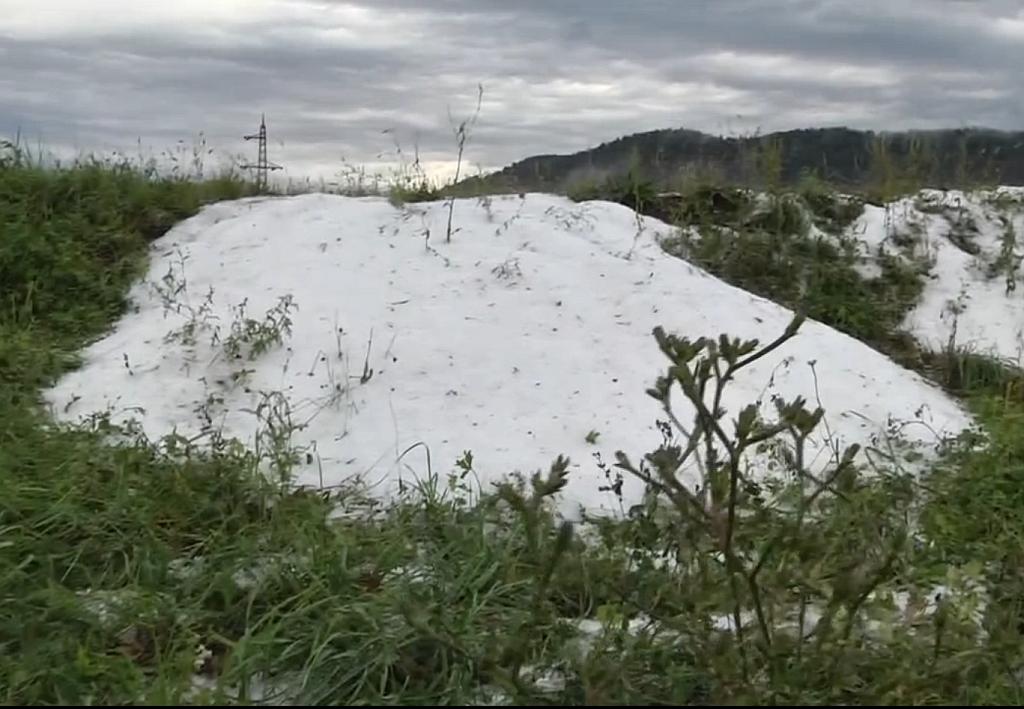
In terms of managing production, economic and financial risks in agriculture, prevention works best, emphasizes Luka Juvančič from the Biotechnical Faculty in Ljubljana. Farmers themselves have also failed to use all options to decrease nominal risks within the 30 percent income fluctuation. “More needs to be done with investing into prevention in agriculture, in cooperation on the market as well as more intense participation in term-based markets,” argues Juvančič.
When higher risks are involved, the government offers subsidies in insurance premiums but the former are low, and so is the farmers’ interest. Perhaps also due to the fact that the Act on the Protection against Natural and other Disasters provides some governmental reimbursement for damage caused by massive natural disasters. However, it takes more than a year for these payments to be transferred and the reimbursements are low, causing disappointment among farmers.
Therefore, the current system is inefficient. The European Commission has proposed a relatively new mechanism aimed at decreasing income-related risks and is already used in some countries, including Hungary. These are the so-called individual savings accounts, which enable “targeted savings for instances when damage arises”, explains Barbara Trunkelj from the Chamber of Agriculture and Forestry of Slovenia, before adding: “This thing is not difficult to carry out, the farmers do not need to do accounting.”
Additionally, a part of public funds that farms are entitled to would accumulate on the farm’s savings account and would allow the farm to get special tax breaks. The account could be used when need arises. Further discussions are expected to determine if this type of risk management in agricultural production would attract Slovenian farmers.

































































